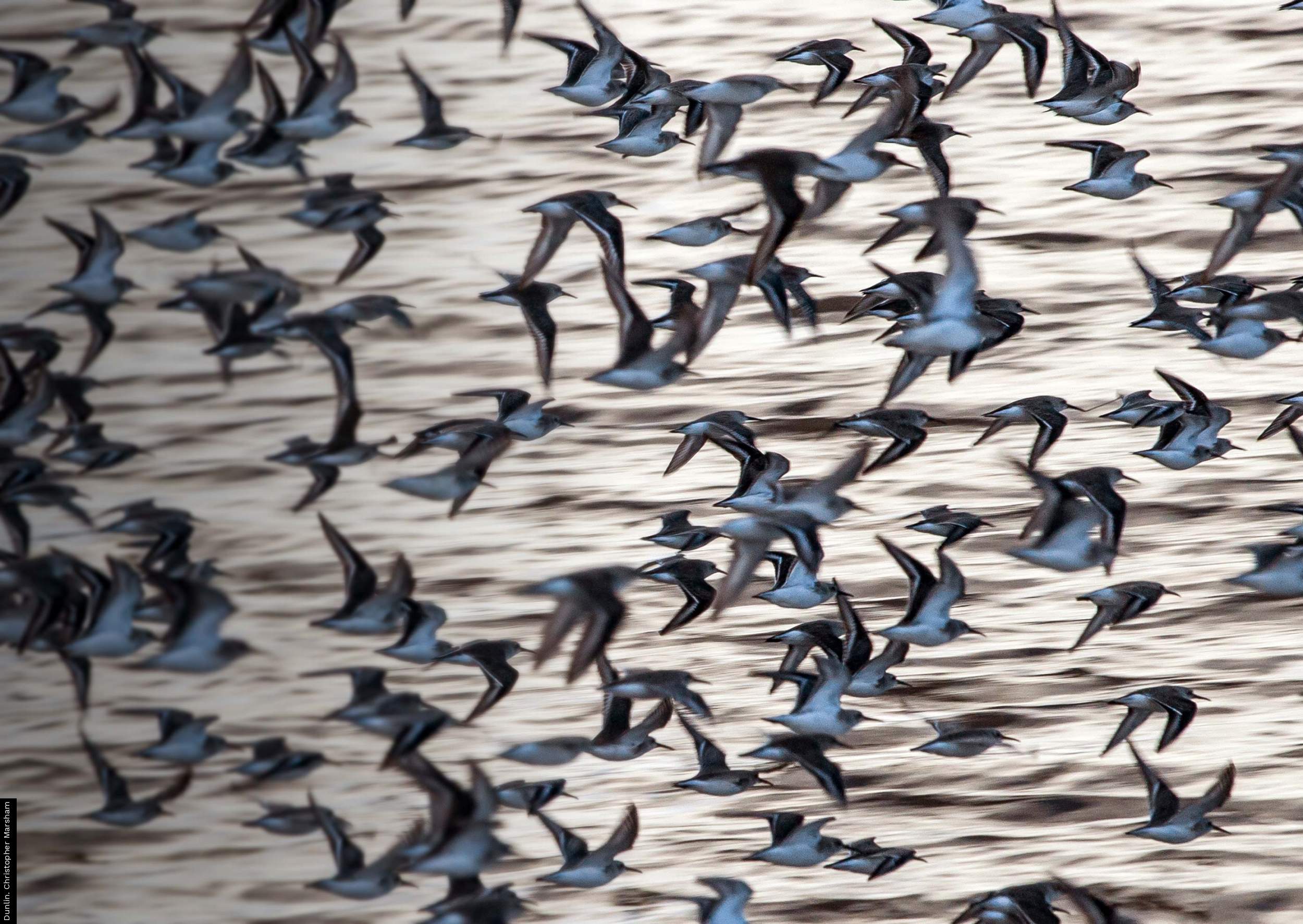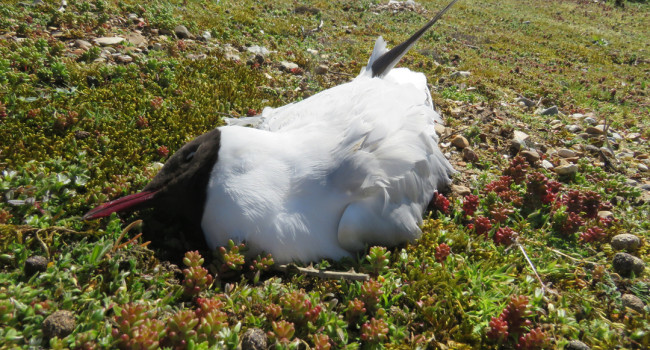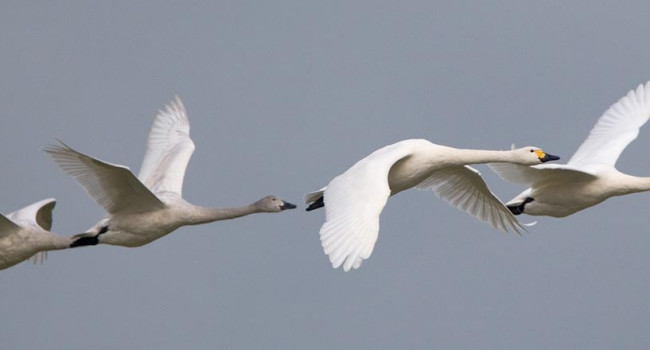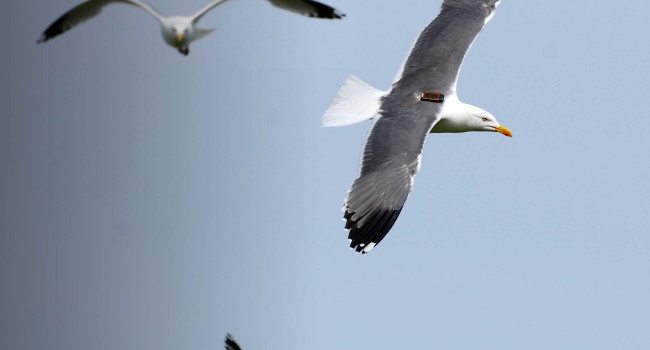Wanted! Dead Fulmars
01 Dec 2010 | No. 2010-12-63
As part of a European wide project documenting the issue of marine plastics pollution, the British Trust for Ornithology is asking people to keep an eye out for dead Fulmars over the festive period and into next year.
Fulmars are great ocean wanderers that feed largely at the surface on a wide variety of crustaceans, fish and floating carrion - in doing so they ingest floating plastics too. This accumulates in their stomachs making them ideal indicators of plastic pollution in the marine environment.
At present Fulmar corpses are collected, and the stomach contents monitored, from the tide lines of Orkney, Shetland and eastern England. The BTO in partnership with scientists in the Netherlands aim to extend this study to incorporate south Wales, Cornwall, Devon, Dorset and Hampshire, and are asking people to look out for dead Fulmars in these areas.
Any dead Fulmars found in reasonable condition (as it is the stomachs that need to be analysed) should be collected and kept safe from scavengers until they can be sent on to the BTO in the New Year - in these freezing conditions there shouldn't be any problem with storage! If you find a large number of birds, then it may be possible for these to be picked up, so do contact Lee Barber, lee.barber [at] bto.org in the first instance.
As long as they are in good condition, dead birds should be sent FIRST class to:
Lee Barber,
Fulmar Study,
BTO,
The Nunnery,
Thetford,
Norfolk IP24 2PU.
They must be sent frozen, triple-bagged and with the notification 'Biological Specimen' clearly written on the package.
If requested, BTO will also be able to refund postage costs for sending birds in.
If Fulmars are found outside the region the BTO are still interested to receive them.
Notes for Editors
- The Fulmar is a largely grey and white seabird that glides over the sea on narrow stiff, straight wings. The beak is short and stout with nasal tubes on the upper mandible. It is found around the coast of the British Isles. It is slightly larger than a Black-headed Gull.
- The BTO is also interested to hear about any ringed birds found dead. These can be reported via www.ring.ac
- The BTO is the UK’s leading bird research organisation. Over thirty thousand birdwatchers contribute to the BTO’s surveys. They collect information that forms the basis of conservation action in the UK. The BTO maintains a staff of 100 at its offices in Norfolk and Stirling, who analyse and publicise the results of project work. The BTO’s investigations are funded by government, industry and conservation organisations.






Share this page